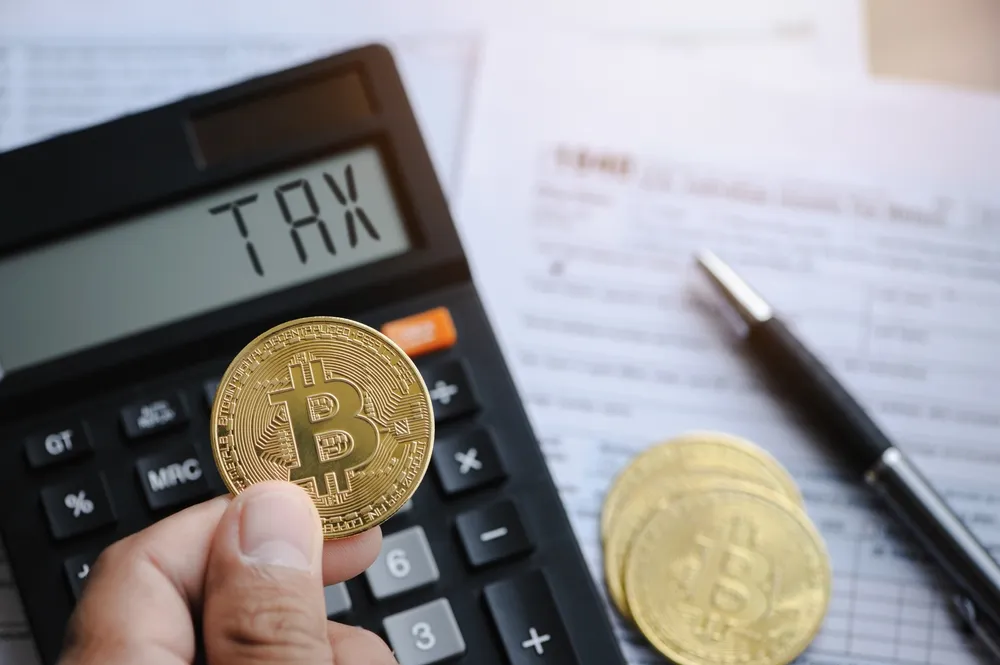Personal Finance News
Explained: Can you claim LTCG tax benefit on selling Bitcoin after the recent ITAT order?

3 min read | Updated on December 18, 2024, 18:41 IST
SUMMARY
Tax on selling crypto: The Income Tax Tribunal's order was a case-specific decision, which will not benefit taxpayers selling crypto assets, including Bitcoin, today, according to experts.

The Finance Act 2022 introduced Section 115BBH, which specifically defined VDAs.
Social media has been abuzz with a recent Income Tax Appellate Tribunal (ITAT) order in a case involving the sale of Bitcoins worth crores.
In an order dated November 28, 2024, the ITAT ruled that Bitcoins sold by a taxpayer in assessment year (AY) 2021-22 qualified as capital assets for taxation purposes. Thus, it allowed him to avail long-term capital gains (LTCG) tax benefits.
Following this order, several crypto enthusiasts on social media claimed that the ITAT order has changed cryptocurrency taxation rules in India. But this is not true.
Experts say it was a case-specific order, which will not benefit taxpayers selling crypto assets, including Bitcoin, today. Even those who sold crypto after the implementation of the Finance Act 2022 will not benefit from the order.
"The ITAT judgment will not hold good for the sale/transfer of cryptos today. The Tribunal's decision pertains to AY 2021-22 and is applicable only to transactions that occurred prior to the Finance Act 2022 as virtual digital assets (VDAs) were not defined in the law during that period," says CA (Dr.) Suresh Surana.
How is crypto taxed now?
The Finance Act 2022 introduced Section 115BBH, which specifically defined VDAs. It also implemented a flat 30% tax on proceeds from the sale of cryptocurrencies.
Further, no deduction (other than the cost of acquisition) and set-off of losses from one VDA against any other VDA are allowed.
What was the case before ITAT?
Raunaq Prakash Jain (the assessee) had purchased Bitcoins worth ₹5.05 lakh and sold them after more than 36 months in AY 2020-21 for ₹6.69 crore. While filing taxes, he treated this income as LTCG. The Income Tax Assessing officer and the First Appellate Authority (FAA) rejected such treatment, saying Bitcoin was not defined as a capital asset under the Income Tax Act. However, the ITAT accepted Jain's claim.
Do ITAT orders qualify as tax rules?
No, ITAT orders are not tax rules but decisions specific to the cases brought before the Tribunal.
Experts say these orders are not binding on other taxpayers or cases. And they may also be subject to appeal before the High Court and the Supreme Court.
“ITAT orders are binding on lower authorities within the same jurisdiction but are not binding nationwide unless upheld by higher courts,” says Pallav Pradyumn Narang, Partner, CNK, a Delhi-based law firm.
Income tax rules in India are framed by the Central Board of Direct Taxes (CBDT) and governed by the Income Tax Act.
“While ITAT rulings do not automatically become tax rules, they hold persuasive value for similar cases, especially when there is no contrary decision by a higher court,” Narang adds.
Who will benefit from the ITAT order?
The ITAT decision may benefit only those taxpayers facing a situation similar to Jain's case.
“This decision is specific to the facts of the case and will only be useful for taxpayers with similar fact patterns. With the introduction of specific tax provisions for VDAs applicable to transactions post-2022, the benefits associated with classification as capital assets are no longer available,” says Kunal Savani, Partner, Cyril Amarchand Mangaldas.
However, the order may also be seen as a precedent for similar cases.
"This judgment certainly will be a precedent for income tax cases and a transfer of cryptocurrencies up to AY 2023-24 cannot be subjected to income from other sources given this judgment," says Kishore Kunal, Advocate on Record, Supreme Court of India.
By signing up you agree to Upstox’s Terms & Conditions
About The Author
Next Story

